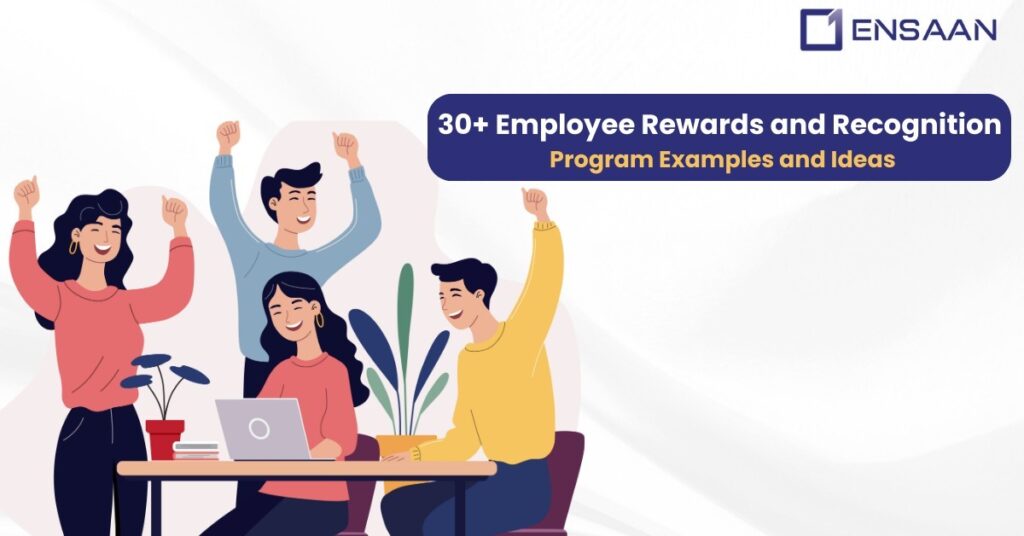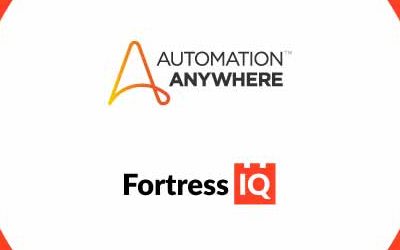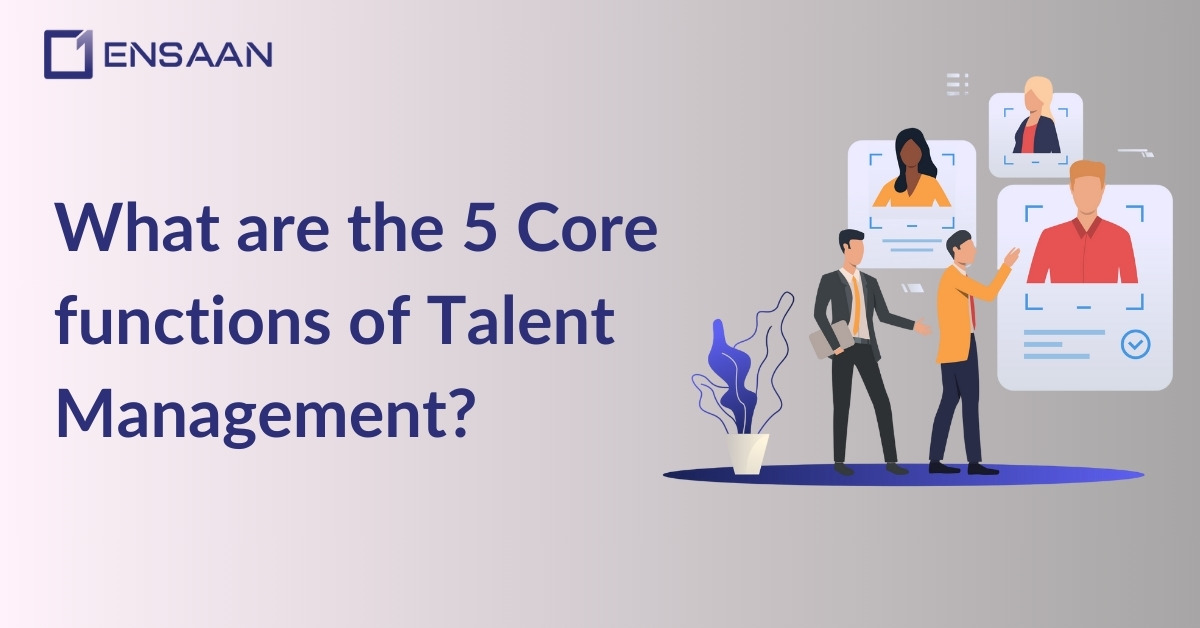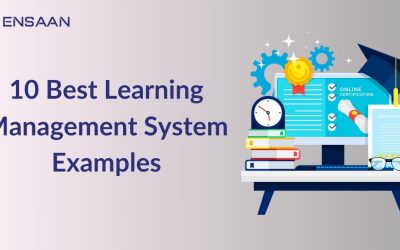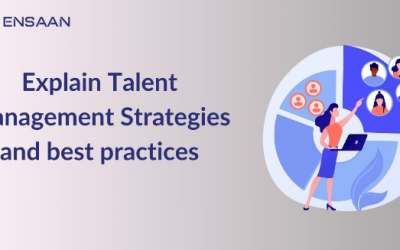Employee rewards and recognition program are becoming an integral part of any organization under the competitive business environment. In recent Survey We found:
- 84% of all employees feel recognition does affect their motivation to succeed.
- 82% of employees agree that recognizing their input helps them engage.
- Where employers have recognition programs in place, employee value increases by 32%.
Because recognition does matter to employees, it is easy to get apprehensive if you are not sure how to budget for a decent recognition program.
The good news is that there are ways through which you can appreciate your team regardless of your budget.
They are not essentially programs of giving bonuses or certificates but go a long way to motivate employees, make them enjoy their jobs, and ultimately have an impact on business performance.
When an employee feels that they are valued and appreciated, he is likely to be engaged in being productive and committed to the employer.
Table of contents
- What is Employee Recognition?
- Why Employee Recognition Matters in 2025 ?
- What Should Employee Recognized For?
- Types of Employee Recognition
- Empuls by Xoxoday: All-in-One Solution
- 30+ Unique Employee Recognition Ideas in 2025
- 1. Custom Awards:
- 2. Digital Badges and Certificates:
- 3. Peer-to-Peer Recognition Programs:
- 4. Experience-Based Rewards:
- 5. Flexible Work Options:
- 6. Encourage Employee Wellness Programs:
- 7. Social Media Shout-Outs:
- 8. Professional Development Opportunities:
- 9. Give Them Cash:
- 10. Team Level Celebrations:
- 11. Purchase Something That Will Make Their Jobs Easier:
- 12. Employee Choice Awards:
- 13. Write a Thank-You Notes:
- 14. Recognition Breakfast or Lunch:
- 15. Virtual Recognition Events:
- 16. Company-Wide Email Announcements:
- 17. Mentorship Opportunities:
- 18. Create Some Customized Swag for Your Employees
- 19. Charitable Donations in Their Name:
- 20. Work On a Project They Are Passionate About:
- 21. Celebrating Milestones:
- 22. Recognition in Team Meetings:
- 23. Learning and Development Days:
- 24. Public Recognition by Leadership:
- 25. Eco-Friendly Rewards:
- 26. Spotlight in Company Newsletter:
- 27. Career Growth Recognition:
- 28. Desk Decorations:
- 29. Cross-Training Opportunities:
- 30. Employee Recognition Platforms:
- Tips for Long-Term Employee Engagement
- Conclusion
- FAQs
What is Employee Recognition?
Employee recognition in the workplace refers to the act of acknowledging an employee’s effort or contribution.
Its objective is to motivate and encourage actions that will lead to improved performance and business results.
There are formal and informal ways to recognize employees. Formal recognition would be award ceremonies or structured reward programs.
While informal recognition might merely be a “thank you” or giving praise in front of others daily.
Why Employee Recognition Matters in 2025 ?
In today’s workplace, recognizing employees is more important than ever.
With many people working remotely or in flexible jobs, it can be easy for them to feel disconnected.
A good recognition program helps them feel valued and part of the team, even if they’re not in the office every day.
Best Practices for Creating an Employee Rewards and Recognition Program
Designing a reward and recognition program ensures it complies with the organization’s values and culture.
Fairness within it means everyone is given a potential chance for recognition; always asking the staff their views on how to improve the program.
What Should Employee Recognized For?
Employees must be rewarded whenever they do something good within the workplace. The following are some examples of reasons for recognition:
- High Performance: Reward employees who can go the extra miles in their work and accomplish projects successfully.
- Innovation and Creativity: Reward staff who come up with new ideas and those that are effective, adding value to processes, products, or services.
- Teamwork and Collaboration: Reward staff who can cooperate with others and are the core of any team effort.
- Leadership and Initiative: Reward staff for demonstrating leadership, guiding team projects, or just stepping up to the plate when needed.
- Good Customer Service: Reward those staff that provide good service to customers in terms of satisfaction and positive relationships.
- Improving Workplace Culture: Show appreciation for those who help create a better workplace culture in terms of diversity, inclusion, and teamwork.
- Reliability and Commitment: Reward those employees with good attendance records, work habits, and dedication to job responsibilities.
- Personal and Professional Work Anniversary: Staff should be rewarded on personal and professional milestones, like anniversaries of joining or completion of some major training or certifications.
- Adaptability: Reward those staff coping well with change. This can be process change, adjustment to new technology, or even company-wide changes.
Types of Employee Recognition
Employee recognition can be divided into two main types, each serving different purposes and fitting different contexts within an organization.
1. Formal Recognition:
Formal recognition programs are organized and scheduled to occur at consistent time periods, such as quarterly or annually.
Examples include award ceremonies, employee of the month programs, or yearly reviews where employees are formally acknowledged and rewarded for their efforts.
These activities are usually public within the company and may include issuing certificates, trophies, money, or other bonuses.
This kind of recognition is thus based on predefined criteria and mostly includes nomination and selection. Formal recognition helps in setting standards of achievement and highlights the importance of exceptional work.
2. Informal Recognition:
The informal kind is spontaneous, less structured, and may occur at any time and in any setting. For instance, appreciation from the boss regarding your help on a project or acknowledgement for extra effort put in during the team meeting.
Other examples of informal recognition include small tokens of appreciation, such as gift cards, thank-you notes, or casual mentions in a company newsletter.
These gestures are good at boosting morale and can be given frequently across different situations or communication channels.
Including informal recognition in the workplace helps to keep up a positive atmosphere and encourages further communication with positive feedback from employees.
Empuls by Xoxoday: All-in-One Solution
Empuls by Xoxoday, a Gift Company, comes up with one of the very powerful platforms for the betterment of employee rewards and recognition program.
It integrates well with other prevailing HR systems and makes it easier for companies to intertwine recognition in the business activities of daily operations.
Empuls makes it meaningful, with personalized customized workflows and a bag of various rewards against the points on board, such as digital badges or gift cards.
It is scalable; hence it’s appropriate for any type of business. The tools also provide data-driven insights, reporting, and other tools to measure the effectiveness of the Recognition Programs.
Empuls has shown success in several industries in the employee-engagement, morale, and retention spectrum.
No matter how small the startup or large the enterprise, Empuls can be very instrumental in ensuring a motivated and productive workforce.
30+ Unique Employee Recognition Ideas in 2025
The most important thing an organization can do to maintain a motivated and productive workforce is to recognize and appreciate its employees. Some of the modern and very effective employee recognition ideas for 2025 are:
Here are 30 examples and ideas for employee recognition that work regardless of your budget or resources.
1. Custom Awards:
Design a custom-made award that speaks to the strengths and inputs of employees. This may be in the form of “Innovator of the Month,” “Team Spirit Award,” or “Customer Service Champion.”
Personalized awards bring out a very important message—that you value individual input of all your employees.
2. Digital Badges and Certificates:
Inclusion of digital recognition in a hybrid or remote work environment is very critical. Issue digital badges or certificates that employees can share on their social media profile or company intranet.
This not only gives recognition for their efforts but also provides an ability to express that accomplishment.
3. Peer-to-Peer Recognition Programs:
Incentivize staff to recognize the effort of their peers through a peer-to-peer reward platform.
It may be by way of apps or platforms that allow employees to award points, messages, or even rewards to fellow colleagues.
4. Experience-Based Rewards:
Give experiences instead of materialistic gifts. For example, it can be an inspiring cooking class, a weekend away from work, or even tickets to a live concert of your favorite band or a popular sporting event.
Experience-based rewards are memorable and often more cherished by people compared to other forms of rewards.
5. Flexible Work Options:
Offering the ability to flex hours or telecommute is another innovative way to reward your best workers.
Flexibility as a reward acknowledges that work/life balance is important and may be one of the most highly valued benefits.
6. Encourage Employee Wellness Programs:
Add some wellness into your recognition programs by rewarding employees with items that will keep them healthy and well. Here are some ideas of things you can give to your employees:
- Gym passes
- Spa days
- Sports equipment rentals
- Mental health opportunities (Consider virtual opportunities like Talk space.)
- Meditation apps
- Nutrition advisors
7. Social Media Shout-Outs:
Share employee success publicly on the company’s social media pages.
It doesn’t only boost the morale of the employee but also acts as free publicity for your company culture.
8. Professional Development Opportunities:
Provide opportunities to attend conferences, workshops, or webinars.
Demonstrate appreciation for the workers by investing in their professional development that will keep them satisfied and loyal.
9. Give Them Cash:
Let’s face it, a few things can help your employees more than cold, hard cash. If you really want to leave your staff with the feeling that they are truly appreciated for what they do, consider offering them a bonus.
For many staff members, it will be the highest form of recognition. If you know that certain staff members are struggling financially or perhaps saving up for something big, then go for cash.
10. Team Level Celebrations:
Celebrate team success with an after-work event or a special team lunch.
To reinforce the value of teamwork, it helps to build bonds among people by recognizing the collective group effort to attain an objective.
11. Purchase Something That Will Make Their Jobs Easier:
Nothing beats a computer that has just come out of the box. Refreshing your equipment regularly will save your workers tons of headaches and time wasted on freezing screens.
Replace the equipment as a rule. If it has been a while since you did, consider purchasing new:
- computers
- printers
- Headphones
- Tablets/smartphones
- Office Supplies
12. Employee Choice Awards:
Let them vote for peers in categories such as “Most Helpful,” “Best Leader,” or “Creative Thinker.”
This kind of recognition allows employees to recognize the value of fellow employees, and themselves feel that peers appreciate them.
13. Write a Thank-You Notes:
If you are dealing with a lack of recognition at your company, the easiest thing you can do is sit down and write a note to your employees.
Writing and sending a note only takes a few minutes and it’s also one of the cheapest forms of recognition.
14. Recognition Breakfast or Lunch:
Host a breakfast or lunch in honor of employees’ achievements. This can be a casual and enjoyable way to recognize hard work and allows for team bonding.
15. Virtual Recognition Events:
For remote teams, host virtual events where employees are recognized for their accomplishments.
Virtual awards ceremony or a recognition day where employees are celebrated for their contributions.
16. Company-Wide Email Announcements:
Send out company-wide emails highlighting employees’ accomplishments.
This gives public recognition and ensures that everyone in the organization is aware of the contributions being made.
17. Mentorship Opportunities:
Reward employees with the chance to mentor or be mentored. This not only recognizes their skills but also fosters professional growth and leadership development.
18. Create Some Customized Swag for Your Employees
Want to recognize your team and build your employer brand at the same time? Create some practical, customized swag for your team.
What does your team always need, and what are they crazy about? Figure out who can make those things and get some new swag out to your team. Here are things people always like:
- Pens
- T-Shirts
- Mugs
- Notebooks
- Backpacks
- Face Masks
- Water Bottles
- Chargers
19. Charitable Donations in Their Name:
Donate to a charity of the employee’s choice in their name.
This is a meaningful way to recognize employees who are passionate about giving back to the community.
20. Work On a Project They Are Passionate About:
Your staff is full of passionate, amazing people. They have projects in their domains about which they care. Does your sales team want to go after a particular vertical? Is a person on your marketing team itching to go after account-based marketing?
It means recognizing your employees and their great ideas by giving them room to chase after projects that matter to them.
Help clear their way by taking on some of their responsibilities. With that time, they really could get hammering away on the project most exciting to them.
21. Celebrating Milestones:
Recognize work anniversaries, project completions, and personal milestones with special acknowledgments.
Celebrating these moments shows that you care about employees’ journeys and achievements.
22. Recognition in Team Meetings:
Start or end team meetings by recognizing employees for their contributions. This sets a positive tone and reinforces a culture of appreciation within the team.
23. Learning and Development Days:
Dedicate a day where employees can focus on learning something new or developing their skills. This is a great way to recognize their desire for growth and support their professional development.
24. Public Recognition by Leadership:
When leaders take the time to publicly recognize employees, it has a powerful impact.
This could be during company meetings or in internal communications, highlighting the importance of the employee’s contribution.
25. Eco-Friendly Rewards:
Offer sustainable or eco-friendly rewards, such as reusable water bottles, plant-based gifts, or donations to environmental causes.
This type of recognition aligns with values of sustainability and responsibility.
26. Spotlight in Company Newsletter:
Feature employees in the company newsletter, sharing their stories, achievements, and contributions.
This not only recognizes their efforts but also allows others to learn from their experiences.
27. Career Growth Recognition:
Acknowledge employees who have taken on new roles, responsibilities, or have achieved career milestones. Recognizing their growth shows support for their professional journey.
28. Desk Decorations:
Decorate an employee’s workspace to celebrate their achievements. This could include banners, balloons, or personalized messages that make their workspace feel special.
29. Cross-Training Opportunities:
Reward employees with the chance to learn new skills through cross-training in different departments. This not only recognizes their current efforts but also invests in their future growth.
30. Employee Recognition Platforms:
Use dedicated employee rewards and recognition program and platforms like Empuls by Xoxoday to streamline and manage recognition efforts.
These platforms allow for easy, consistent recognition and can integrate with other HR tools.
Tips for Long-Term Employee Engagement
To keep your recognition program running effectively over time:
Keep it Fresh: Regularly update the rewards and recognition options to keep employees interested.
Stimulate Peer Involvement: Provide an opportunity for employees to be able to reward one another for a positive and supportive work environment.
Periodic Review: Keep a periodic review of the program’s impact and amendments to maintain its relevance and effectiveness.
Conclusion
Employee rewards and recognition program are essential for creating a motivated and happy workforce.
By implementing a program that is fair, engaging, and tailored to your employees’ preferences, you can foster a positive work environment that drives success.
FAQs
Start by understanding what motivates your employees and then design a program that aligns with your company’s values and goals.
Empuls simplifies the recognition process, offers a variety of rewards, and integrates easily with your existing HR systems.
Regular recognition is key. Aim for a mix of spontaneous and planned recognition to keep employees engaged.
Yes, small businesses can start with simple recognition methods like public praise or small rewards and grow the program as needed.
Rewards are tangible, like bonuses or gifts, while recognition is the act of acknowledging an employee’s effort or achievements.

